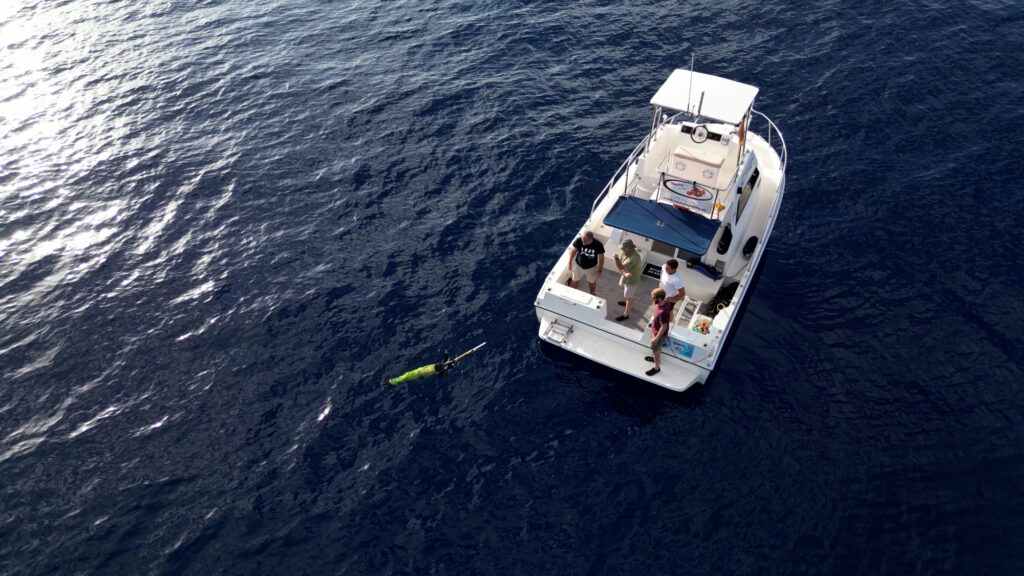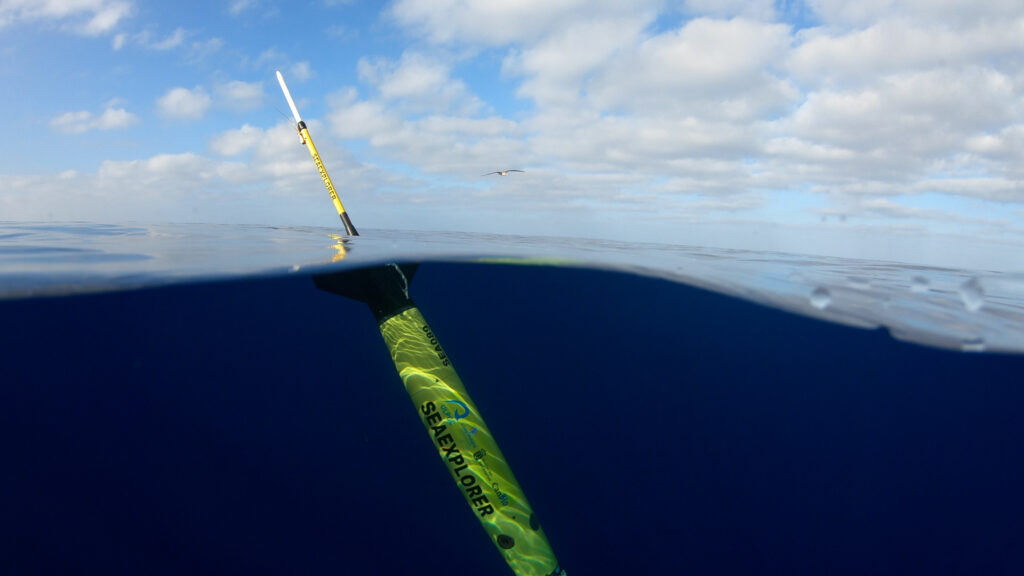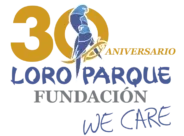The project co-funded by the Canary Islands Government and Loro Parque Fundación will monitor for the first time cetaceans in oceanic waters 50 miles off the Canary Islands.
The University Institute of Intelligent Systems and Numerical Engineering Applications of the ULPGC in collaboration with the Loro Parque Fundación and within the framework of the CanBio project is developing the MacPAM subproject, a study that will make it possible to obtain an acoustic map of underwater noise and the presence of cetaceans in Macaronesia.
This map will be created through the data collected by means of autonomous vehicles called gliders that travel different marine routes predetermined by the researchers. The vehicles are equipped with an audio recording system that allows them to record sounds in a wide range of frequencies. At the end of a route, or mission, the data is retrieved and analysed at the end of the mission, making it possible to identify the species of cetaceans located, as well as to calculate underwater noise indices.

The team of researchers launches the Glider
“This device has the capacity to obtain very high quality recordings which can then be used to identify different types of animals and determine their position,” explains the director of Loro Parque Fundación, Dr. Javier Almunia.
The first of the missions was launched on 26 June, just over a mile off the coast of La Palma. On its journey, this device will cover just over 300 kilometres in two weeks, ending on the island of El Hierro on the 14th of July.
This first mission will make it possible to assess the presence of cetaceans 50 miles to the west of the Canary Islands, an area about which very little information exists, as the existing censuses have always been carried out in areas close to the coast and between the islands of the archipelago.
The information gathered will also serve, from a scientific point of view, to support the initiative promoted by Loro Parque Fundación to create a Marine Biodiversity Sanctuary in this region, to protect these marine mammals from the multiple threats they face in their natural habitat.
The CanBio project, co-financed by the Government of the Canary Islands and Loro Parque Fundación, has invested 2.5 million euros over the last five years and is being developed by research groups from the University of La Laguna and the University of Las Palmas de Gran Canaria, carrying out numerous sub-projects that will help to understand the effects of global change on the marine and terrestrial ecosystems of the Canary Islands.

Glider diving










